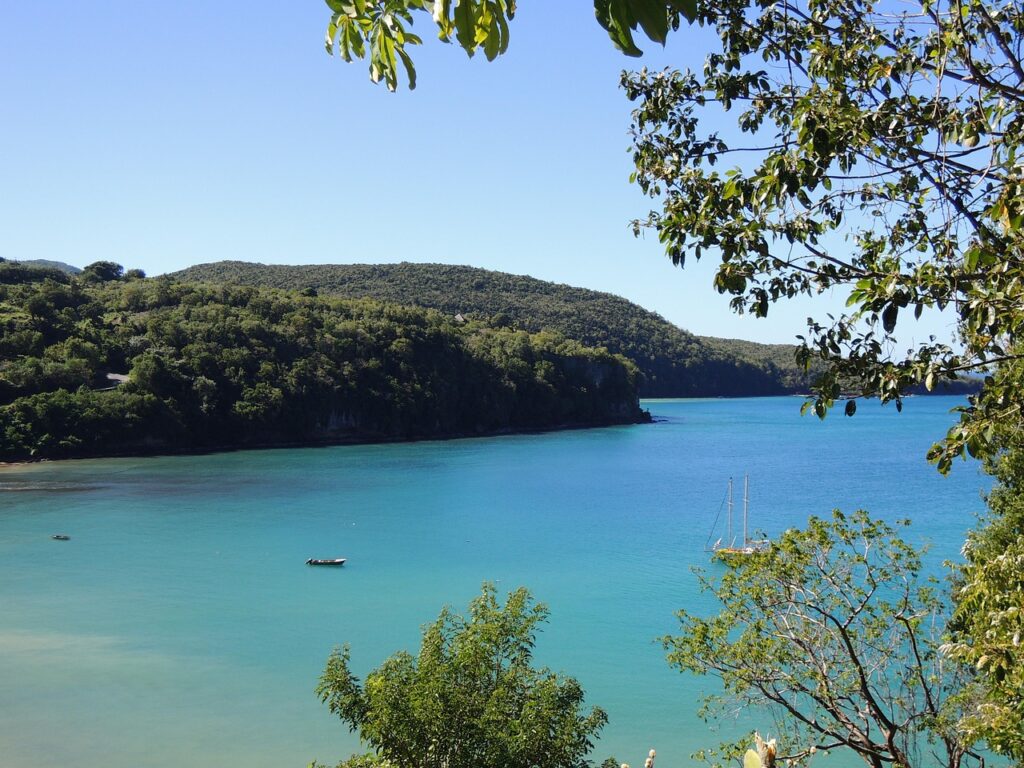
Is Tap Water Safe to Drink in Saint Lucia? Tips for Travelers
Traveling to Saint Lucia? You’re probably excited about the stunning beaches, lush rainforests, and vibrant culture. But, let’s talk about an essential question: Is the tap water safe to drink? This is one of those questions that can make or break your trip, so let’s dive in.
The Basics of Saint Lucia’s Water Supply
Saint Lucia’s water supply comes from various sources, including groundwater and surface water. The government has made significant investments in the infrastructure meant to provide safe and reliable drinking water. However, the quality can fluctuate based on several factors, like rainfall and seasonal changes. This means that credible information is vital for your wellbeing.
Is It Safe to Drink the Tap Water?
Generally speaking, the tap water in Saint Lucia is treated and considered potable, which means it’s suitable for drinking. But, here’s the catch: while some travelers do drink tap water without any issues, others prefer to play it safe. If you have a sensitive stomach or are just unsure, sticking to bottled water might be the better choice for peace of mind.
Signs of Unsafe Water: What to Look Out For
Even if the tap water is treated, sometimes it might not be safe to drink, especially after heavy rain or during certain seasons. Here are a few signs that you should heed:
- Cloudy Appearance: If the water looks murky, avoid it.
- Unpleasant Odor: A strong, strange smell is not a good sign.
- Change in Taste: If it tastes off, trust your senses!
When to Opt for Bottled Water
If you’re venturing off the beaten path—think rural areas or local markets—bottled water becomes a wise choice. Street vendors may not adhere to the same sanitary practices as larger establishments. Keep an eye out in local shops and supermarkets; bottled water is readily available and usually affordable.
Staying Hydrated: More Than Just Water
In the Caribbean heat, staying hydrated is critical, and it’s not just about drinking water. Coconut water is a delicious and refreshing option, and you can often find it sold by local vendors. It’s hydrating and packed with electrolytes—perfect after a long day of exploration.
Safety Tips for Drinking Water in Saint Lucia
1. **Check Sealed Bottles:** Always inspect bottled water for a sealed cap—this is crucial to ensure you’re not getting tampered products.
2. **Go to Reliable Sources:** Stick to well-known brands when choosing bottled water. Ask locals or your hotel for recommendations.
3. **Ask Locals:** If you’re unsure, don’t hesitate to ask local residents about their water choices. They’ll often steer you in the right direction.
Local Perspectives: What the Residents Say
There’s something invaluable about local insights. Many Saint Lucians drink tap water without issue, but they advise visitors to use their discretion. It never hurts to ask your hotel staff or your tour guide about current water quality; they’ll have the most up-to-date info.
Health Considerations for Travelers
If you’re someone who typically struggles with gastrointestinal issues while traveling, it’s best to err on the side of caution. As they say, “better safe than sorry.” Some travelers take probiotics ahead of their trip to help prepare their digestive systems.
Conclusion: Play It Safe
In essence, while the tap water in Saint Lucia is generally considered safe to drink, being cautious is key to ensuring you enjoy every moment of your trip. If it feels right to you, drink the water. If not, give bottled options a whirl. Your vacation is all about relaxation and enjoyment, so let the water situation be easy-going!
For more insights on safe travel considerations, [Related: check out this resource](https://www.travelassurance.com/travel-tips). Have fun staying hydrated and enjoy your adventure in the beautiful landscapes of Saint Lucia!
**Related Reading:** – [Related: How to Plan a Solo Trip on a Budget] – [Related: Top Destinations for First-Time Solo Travelers] **#SoloTravel #Tap #Water #Safe #Drink #Saint #Lucia #Tips #Travelers**